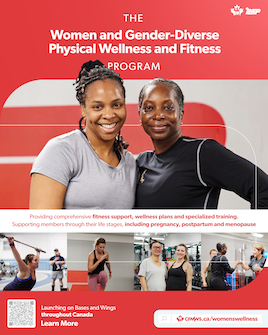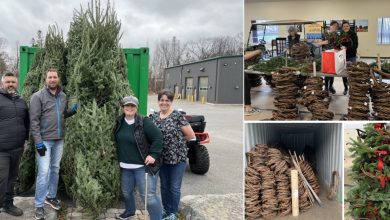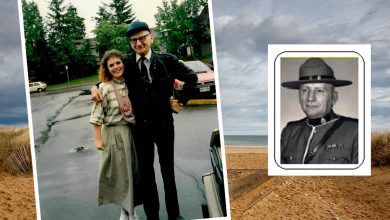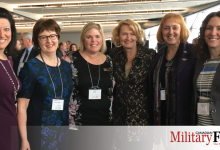No Life Like It
Why Michelle Obama was on our home page
Over the years I have received many comments – in different ways – about how difficult it must be to be married to a military member. I typically shrug my shoulders smile and move on – never sure what to say. Is being a military spouse difficult? Yes, some days. However, most days I couldn’t imagine my life any other way.
So when I heard Michelle Obama was speaking about military families at the Women’s Conference in California I was intrigued. Not enough to watch the video stream at the time. I agreed to have her speech streamed on our home page, without having watched it. Bad me.
At the time the thought crossed my mind, briefly, that perhaps Canadians military families might be offended. Here we are – Ubiquitous Magazine – a Canadian magazine featuring the United States first lady. I know that’s what crossed my mind, and then I watched the video stream.
Obama begins her speech explaining to the crowd of 30,000 women about the different groups of people she met while on the campaign trail with her husband and how she could relate to all the groups, but one – military spouses.
She talks about the challenges the everyday woman faces and the challenges the military spouse faces, which is all the challenges of the everyday woman plus the challenges of being married to a military member. I believe Canadian military spouses face the same obstacles that Obama talks about. And as for the positive qualities she says military spouses have – she is describing the many incredible women and men I know who are Canadian military spouses.
The one aspect of her speech I found difficult to listen to, as did another Canadian military spouse was the part about communities and companies needing to offer more support to military spouses, to help them. I don’t know why that was hard for me to hear, but it was. Do we need more help? Is our lifestyle that difficult, but we are so accustomed to it we don’t see that it is? I don’t know.
What I do know is what Penny Rogers wrote in her article Married to the Navy, “Even when the hot water tank explodes or the car refuses to move, your husband’s ship is not coming home.” That is our reality. And sometimes it is a tough one.

















